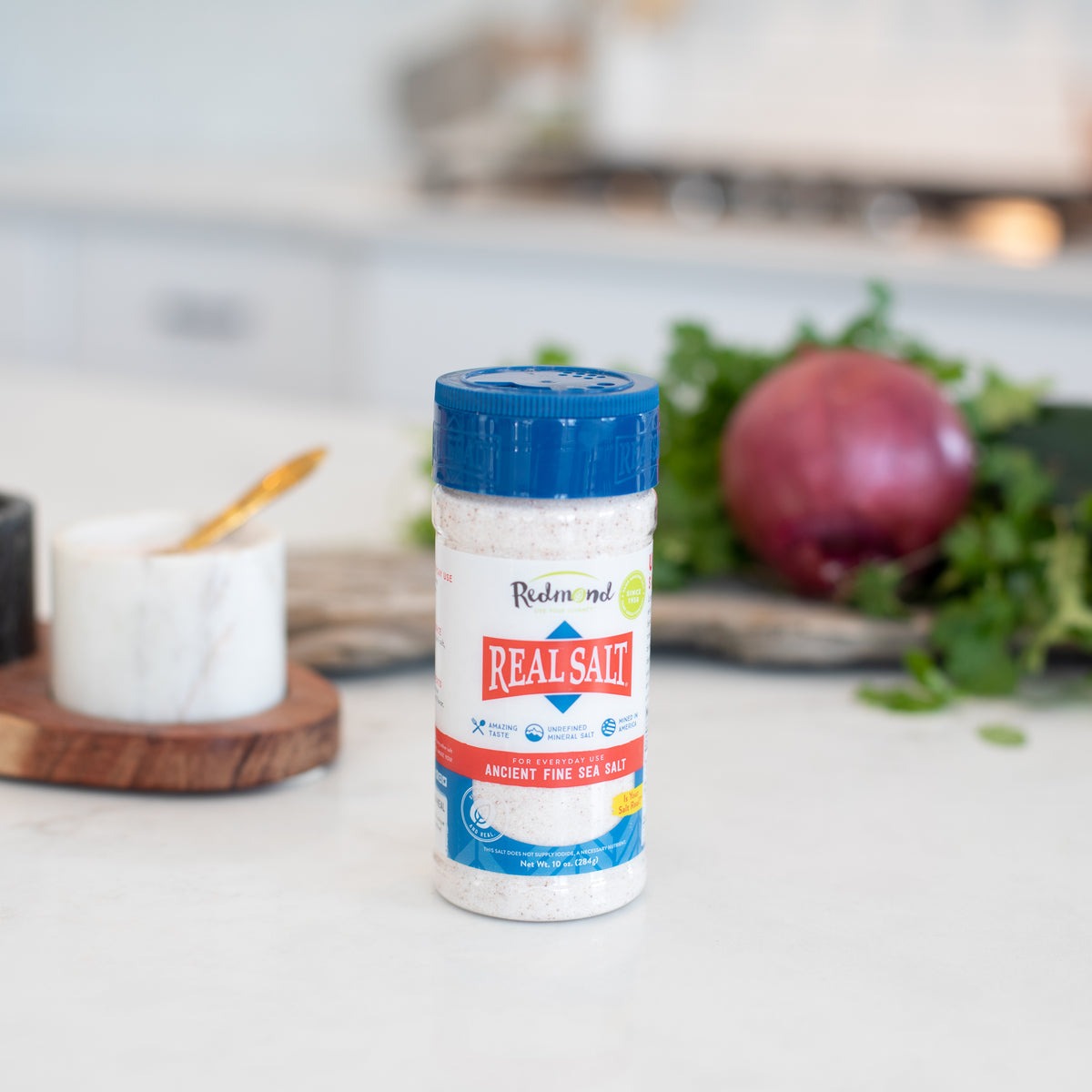My wife prefers table salt but I like kosher salt. We actually have two shakers, one for each.
From what I have read it sounds like it's better to cook with kosher and use table salt after food is cooked but I really don't like table salt, it just tastes odd to me after using kosher for so long.
What is your preference and why?
From what I have read it sounds like it's better to cook with kosher and use table salt after food is cooked but I really don't like table salt, it just tastes odd to me after using kosher for so long.
What is your preference and why?



